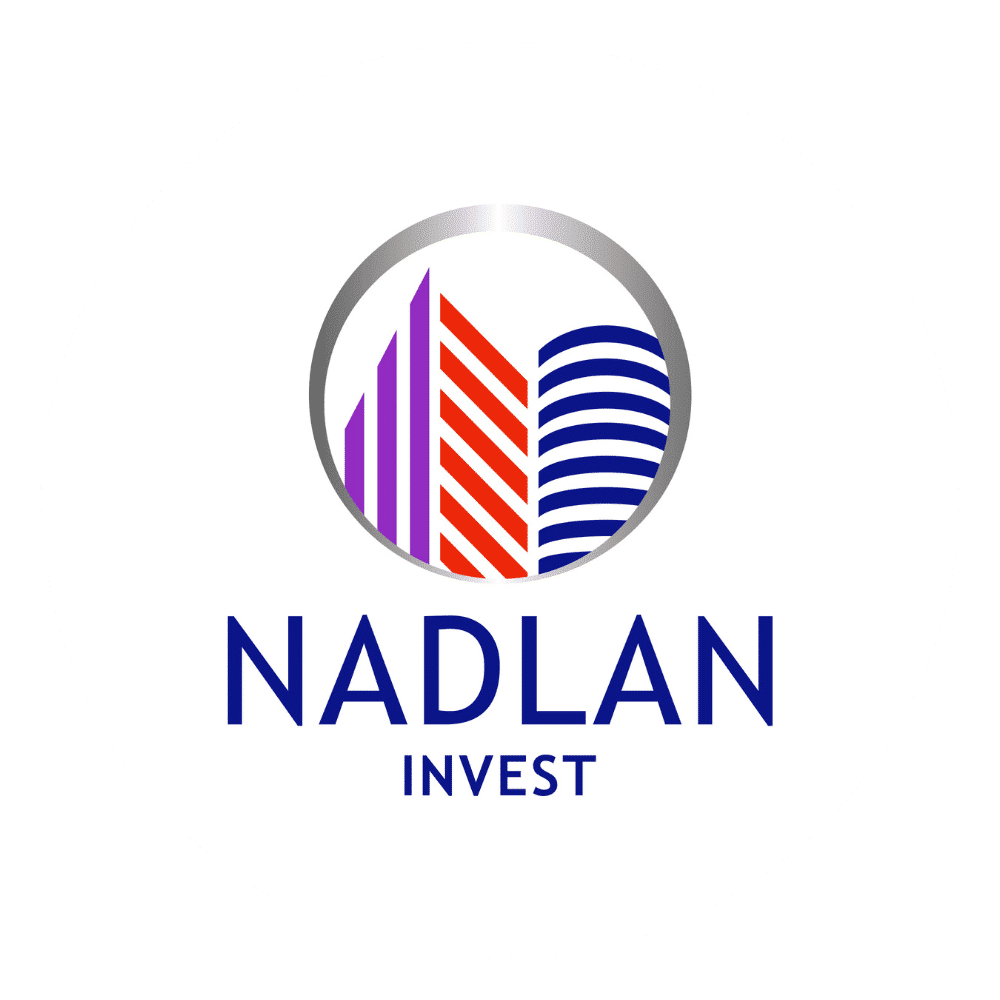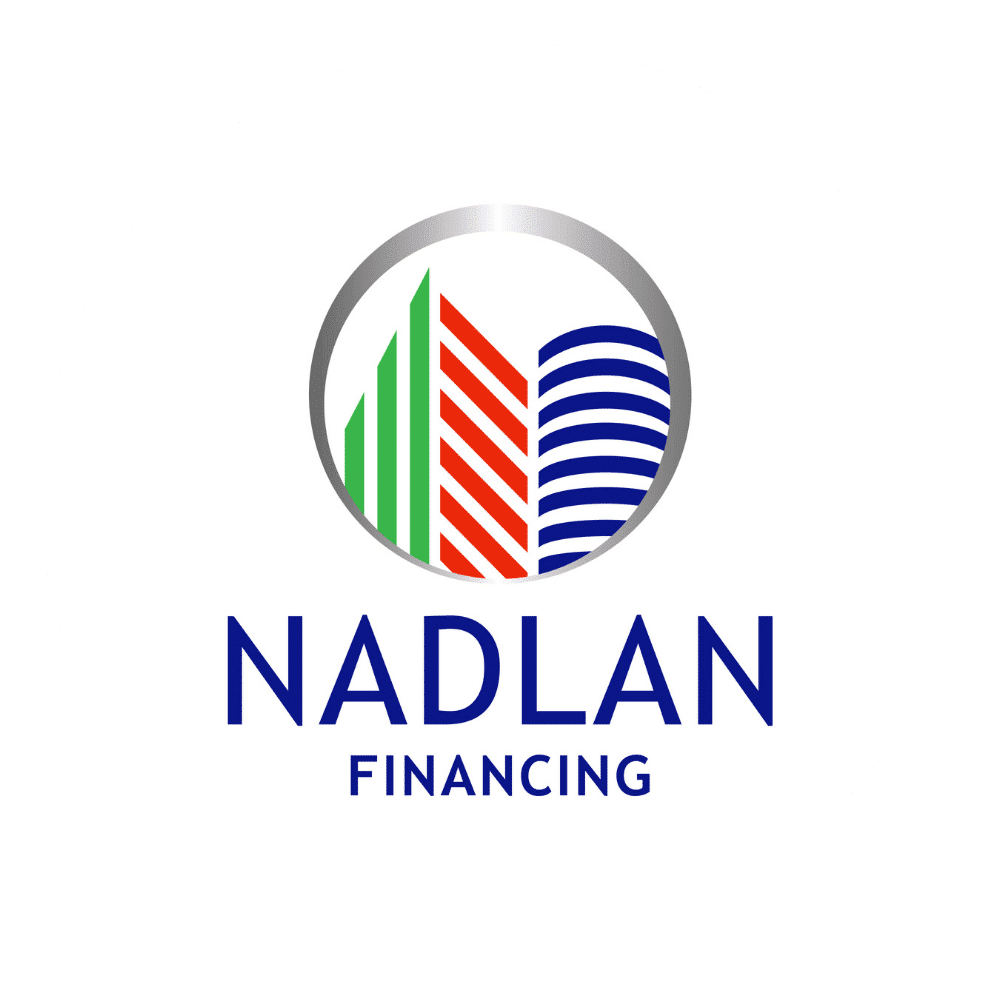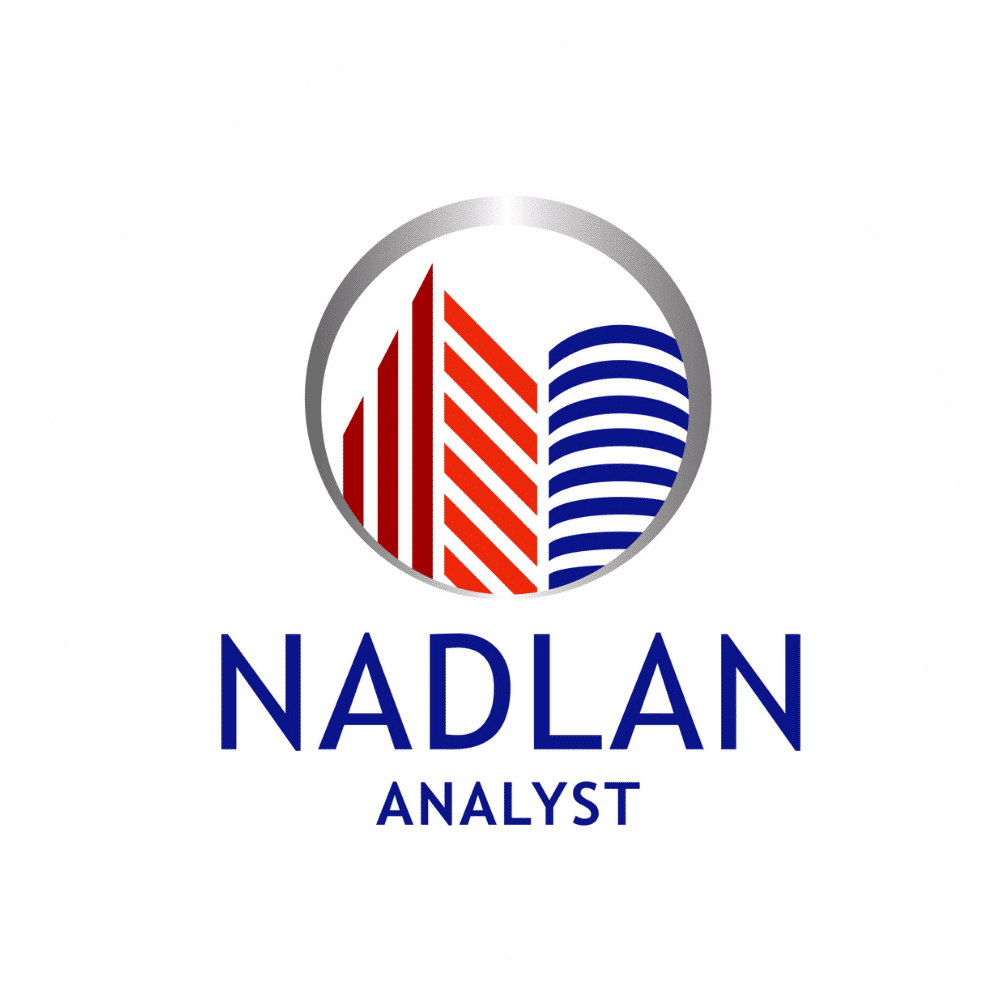Equity versus Debt

Debt funds are a solid, defensive alternative investment channel while hedging the risk through real estate collateral in the first lien, diversification, exposure to various markets and high internal control
The investment world currently offers various and varied investment options, whether in the nature of the investment - real or financial and whether in the investment channel - capital (mainly investment in shares) or in a debt channel by providing a loan / financing, mainly through bonds, but also through various financial entities .
Investing in the debt channel is considered more solid and safer than investing in the equity channel. In debentures, the borrower undertakes to pay a known periodic interest payment ("coupon") and the loan principal on the dates specified in the bond. The level of confidence that the borrower will indeed meet the interest and principal payments specified in the bond is measured through credit ratings performed by rating companies. The lower the bond rating, the higher the risk of the borrower's ability to repay the debt and vice versa.
Another option for investing in a debt channel is through funds that raise funds for real investments, ie to invest in real estate projects in the capital track. The financing route is the granting of a loan for a specific project that is used for the execution of the project only and carries an unlinked fixed interest rate.
You can invest in income-producing real estate projects and real estate under construction (entrepreneurship). An investment in a real estate project under construction does not transfer current payments during the investment and will have the same average life expectancy (LR) for the investment period. An investment in an income-producing real estate project will usually carry out current payments during the investment and will have a shorter maturity than the investment period.
What is an alternative investment?
Alternative investments are private equity investments, which are not traded publicly and are therefore less exposed to the general public.
The types of investments in this field are many and include, among others: real estate funds, hedge funds, venture capital funds, private equity funds, investments in infrastructure, biotech companies, pharma and more.
Alternative investments have existed for many years, but until recently they were closed to institutional investors or to particularly wealthy investors who are considered "qualified investors."
In recent years, the integration of alternative assets in the investment portfolio has become particularly popular due to the zero interest rate, the search for investment channels and the investor's ability to invest in relatively low amounts of several hundred thousand NIS.
Alternative investments allow for a higher return potential than investing in the capital market.
These investments are often considered non-marketable investments. That is, the funds are not liquid according to the minimum period of the investment and it is usually not possible to liquidate the funds in the first two or three years.
Alternative Investments - Who Is It For?
Alternative investments are suitable for those who are looking to increase the risk diversification in the investment portfolio and diversify the investment portfolio with non-tradable investments.
Most investments of this type pay interest or a quarterly or semi-annual "coupon" and allow for a regular cash flow, but the funds are not liquid in the first two or three years.
There are 2 types of investors: a regular investor and a qualified investor. The Securities Authority has established criteria for investments intended for qualified investors or a classified investor.
Most alternative investments are open to classified investors.
However, in recent years, certain investments have also been made possible for ordinary investors with sums of money that stand at a minimum of NIS 300,000-400,000.
The turmoil experienced by the capital market over the past year as a result of the corona crisis and other factors has created demand for investment alternatives for risk-takers. These are investors who are looking for good alternatives to part of their investment portfolio in stocks, bitcoin, land flips, etc.
In recent months, the US and European stock markets have experienced sharp declines along with skyrocketing oil prices, high inflation we have not seen for 40 years, rising interest rates that are cooling the real estate market, and a war in Europe that could lead to a third world war and a severe food and commodity crisis.
Substitute for stock market bonds
The world of alternative investments offers options for those looking for more defensive avenues for investing. Whereas in the past this world was mostly associated with institutional investors today more and more private investors are turning to investing in the field. Alternative investments can include the purchase of real estate, social loans, hedge funds - and in fact any channel that is not part of the volatile capital market, and therefore its correlation to market upheavals is low.
One of the options available to investors is real estate investing through private equity funds.
There are Israeli real estate funds and real estate funds abroad, mainly in the United States and Europe.
The investment strategy in these investment funds is the acquisition of assets, improvement and sale. Generally, these investments are not tradable for 3-5 years in accordance with the fund's policy but pay interest or a “coupon” when it comes to an income-producing asset.
The real estate (assets or land) purchased by the fund is encumbered for the benefit of the investors (limited partners).
If tradable bonds with a good investment rating were previously the refuge of those who wanted to invest in the low-risk capital market, then the low return actually lowered the attractiveness of this investment channel. The unconvincing collateral offered by some of the bonds and haircuts on which new hearers in the morning also raise concerns about the degree of defensiveness of investing in tradable bonds on the stock exchange. Therefore investing in collateral-backed debt funds has gained popularity in recent years; The channel winks at qualified investors, who are looking to thicken the more defensive part of their portfolio.
These are funds that provide loans to development and construction companies in the real estate field, and in exchange for a loan, they mortgage the property.
Of the lending sector, real estate-backed loans have proven themselves over the years when durability has been found even in times of crisis and turmoil. The default rates (inability of the borrower to repay) are significantly lower compared to consumer credit or business credit.
Here are 2 common types of alternative investments:
Initiation project - Purchase of a plot of land, construction of a building and sale of the apartments or alternatively renting them and selling the entire property in its entirety as an income-producing property. Distribution of receipts - principal + return / interest after realization.
Yielding project - Purchase of an existing property, residential or commercial, which includes tenants, its improvement and sale in a pre-defined period. Distribution of receipts - current return / interest is divided on a quarterly basis + additional profit distribution after realization.
Many institutional entities invest in non-negotiable real estate credit, as an alternative to the tradable bond market. During the 10 years between 2008 and 2018, the investment of institutional entities increased by about 600%.

Investment routes in real estate funds
Debt track or Debt track - The investor lends to the "partnership" part of the required equity for a pre-determined interest rate.
The "partnership" (borrower) provides the equity required for the project in exchange for a percentage of the profit.
After the full repayment of the principal + the interest to the investor, the balance of the profits will also be divided among the investors.
In this route the interest rate is limited and known in advance.
Investors in the “debt” route are guaranteed priority over capital in the repayment of the principal + interest and are therefore considered safer than the capital route.
Equity track - The investor is a partner in a dedicated "partnership" that is established for each project and purchases the property or land.
The "partnership" provides the equity required for the project in exchange for a percentage of the profit.
The profits of the project are divided between the investors and the developer according to the business plan.
In this route the yield is not necessarily limited.
Risks versus hedging
The risk, in the end, in providing a loan, whether in bonds on the stock exchange or in non-negotiable debt, is of course that the borrower will reach a state of insolvency - "default". Recommended funds over the years present a minimal default rate, and they do so through a rigorous underwriting process, which examines the proven experience of the developer applying for the loan, its financial capacity, property quality, market value and appraisal of the property, demand for such properties in the area, project business plan And many other parameters.
Another necessary condition for the good funds to obtain a loan is an investment of the entrepreneur's equity in the project. One of the significant causes of the real estate crisis in 2008 is bank financing for the purchase of real estate assets without the borrower's equity. Thus, a situation was created where with falling property prices, many borrowers preferred not to pay the debt and let the bank take the property whose value was almost equal to, or lower than the loan they were asked to repay. Conversely, when the entrepreneur invests his personal capital in the transaction, it means that in any case of default, the entrepreneur will lose, not only the encumbered asset, but also the equity he has invested, which strengthens the interest to service the debt properly.
Providing credit to entrepreneurs with rich experience in the field and focusing on low-risk projects, combined with the strict underwriting and investment of the entrepreneur's equity, create a credit portfolio in which the number of loans that fall within the default definition is minimal. But even in the case of a malfunctioning loan, there are strong safety nets in favor of investor money.
“The loans in the debt funds in which it invests Nadlan Invest Backed by real estate properties in the US, without exception. Almost everyone is in a first lien, which gives the lending fund a right of first refusal in the event of insolvency, ”explains Lior Lustig, the company's CEO. In the US, the process of realizing an asset encumbered with a senior debt for a loan is done more easily and in a shorter period of time than in Israel, so that in case of insolvency, the funds can return the investment money through realization and sale of the asset. improvement. In addition, there is always a distance between the value of the mortgaged property for the benefit of the lending fund and the amount of the loan granted for it. "
The ratio between the amount of the loan and the value of the encumbered property is called LTV - Loan To Value. In the debt funds in which it invests Nadlan Invest The average LTV rate is low. So there is a safety cushion for investors' money. “To illustrate things, Lustig gives a numerical example. An entrepreneur applies for a loan for a property worth $ 1 million; The lending fund approved a 60% LTV loan for him as follows:
Property value: $ 1 million
Loan amount: $ 600
LTV: 60%
Liens and collateral: First and full lien on the property
Usually a personal guarantee from the borrower is also required.
The above example means that even in cases of project failure or complication, incorrect assessment of the price of the property or business plan, stagnation in the real estate market, decline in property prices in the market, etc., only damage of more than 40% of property value will cause problem loan repayment.

"Of course, the likelihood of such a scenario happening is very low. In the great crisis of 2008, the decline in property prices in the most vulnerable markets was about 35%, "adds Lustig. "In fact, today the rate of capital losses as a result of defaults in real estate debt funds of this type is usually 0%."
Debt settlements ("haircuts") in corporate bonds in the capital market
A quick examination of the debt arrangements, also called "haircuts", in the corporate bonds in the capital market, you can see haircuts at significant rates from the volume of debt. Among others, you can see Africa Israel - 25%, Delek Real Estate - 60%, Habas - 80%, Tao - 90% and Ampel, which offset 95% (!) Of the mandatory volume. The State Comptroller referred to this in the annual report for 2013:Most of the issues, both before and after the crisis, were made without collateral and without contractual terms and financial criteria ('Covenants').”(Emphasis in original). The auditor's approach to this issue illustrates to us the levels of risk and the paucity of collateral available in corporate bonds in the capital market.

As mentioned, there is a solid track in the field of raising debt for real estate projects: the financing track recently launched by the business partners of Nadlan Invest, Allows investors to invest in small units and so even relatively small investors can take part in large investments in real estate.
Partner Investors of Nadlan Invest In the financing track (the lenders) complete the raising of capital required for the project and are therefore considered creditors in partnership of that specific project. A creditor is first to the capital owner at the time of the distribution of funds, so according to the cascade of payments the principal and interest accrued will be distributed to the investors of the financing route, and only then will the balance be distributed to the investors of the capital route in accordance with the investors agreement.
In addition, all investors enjoy many contractual guarantees that exist in investments and are directly related to the investment and the property purchased as part of the project being carried out. Thus, for example, in the event of a delay in the project, there is a mechanism that changes the ratio of profit distribution in favor of reducing the harm to the return, and this in favor of investors.
* The investment is intended for eligible investors (as defined in the First Schedule to the Securities Law) and is limited to up to 35 offshoots who are not eligible investors per year and up to 50 offshoots who are not eligible investors in total.








































Responses